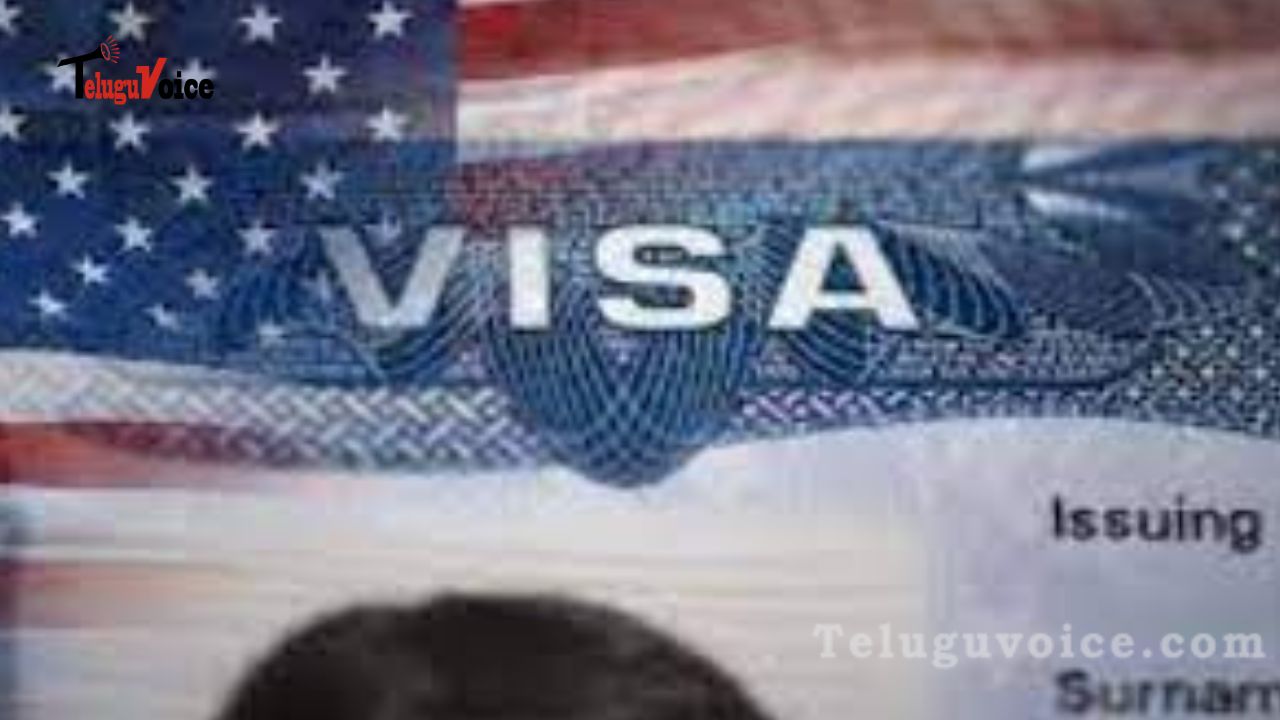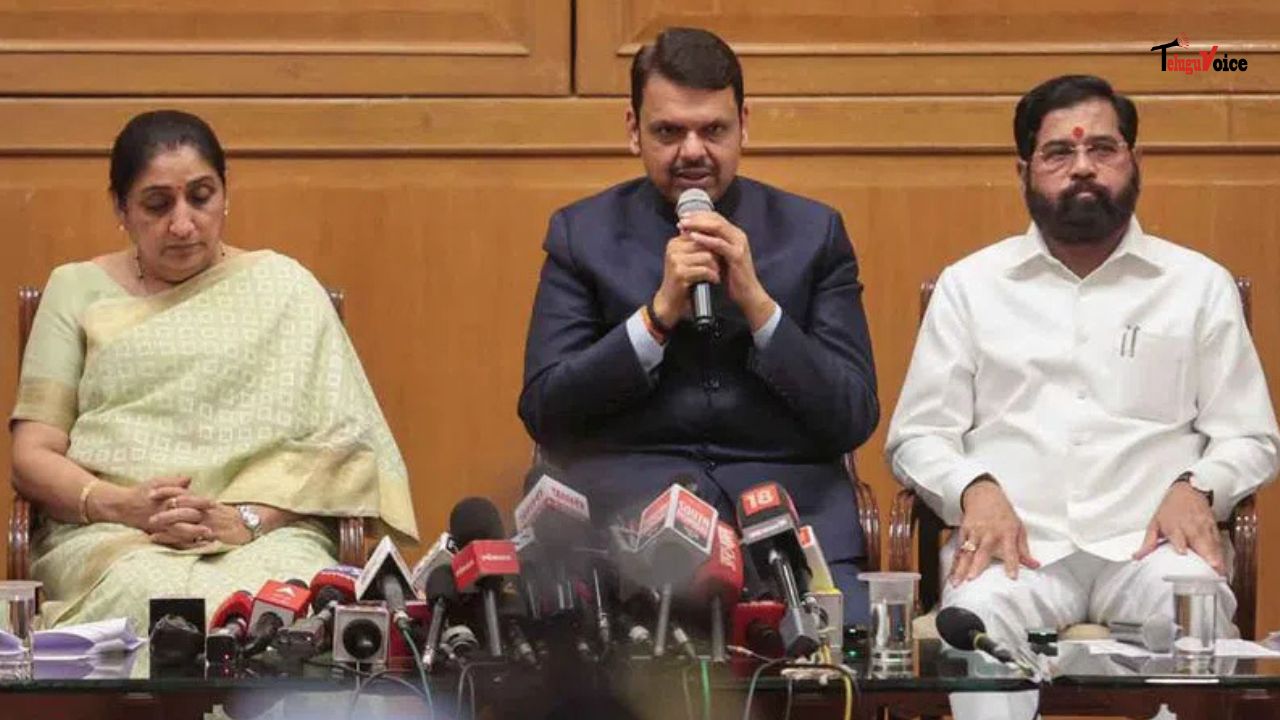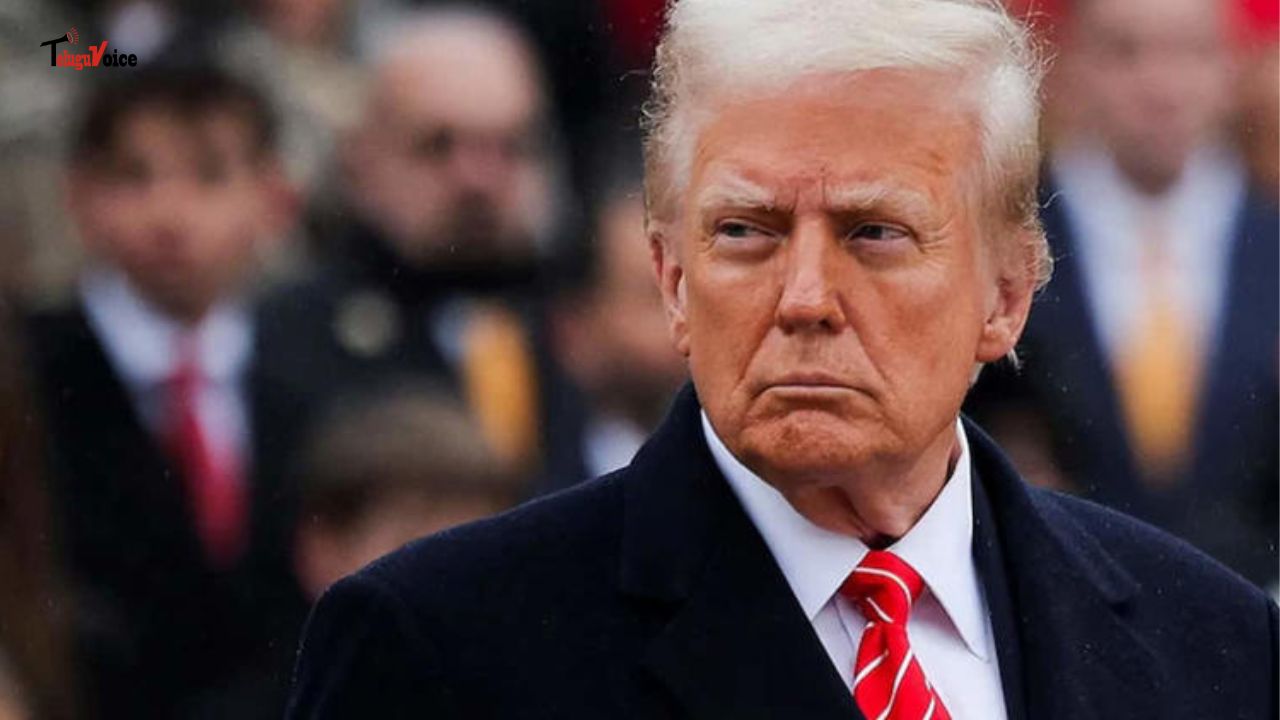Navigating the 2023 Transformations in U.S. Visa Policies: What You Need to Know

In a year marked by substantial changes, the United States has overhauled its visa policies, impacting categories such as H-1B, EB-5, and student visas (F, M, J). One notable transformation is the introduction of the H-1B domestic visa renewal pilot program, allowing a limited 20,000 participants to renew their visas without leaving the U.S. However, while H1B employees can benefit from this initiative, their spouses are not included.
Stricter measures were imposed on H-1B registrations, requiring a one-time registration per employee with passport information submission. Nicholas A. Mastroianni III, President and CMO of US Immigration Fund (USIF), emphasized that these changes aim to create a more equitable selection process and enhance the integrity of the H-1B visa program.
The U.S. government also unveiled a digital visa application system in 2023, streamlining the process and minimizing paperwork for applicants worldwide. Furthermore, the EB-5 visa policy saw revisions, aligning with the EB-5 Reform and Integrity Act of 2022, allowing investors who create 10 jobs to be repaid after two years while remaining eligible for a U.S. green card. USCIS expedited processing speeds for EB-5 applications, although increased denials highlight the need for meticulous application preparation.
In the student visa realm, the U.S. announced fee hikes for F, M, and J visas, emphasizing consular officers' enhanced discretion in evaluating applications based on present intent rather than strict residency requirements. These changes collectively reflect a significant shift in the U.S. visa landscape in 2023.

 South Africa tour of India 2019
South Africa tour of India 2019










Comments